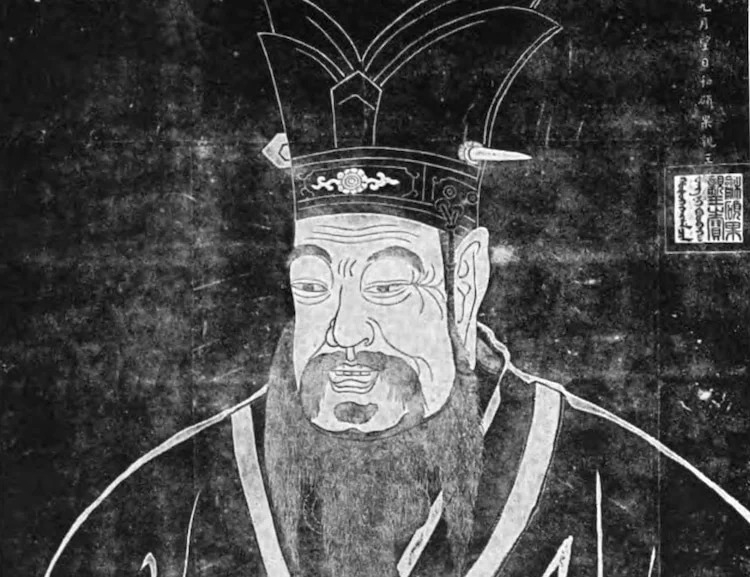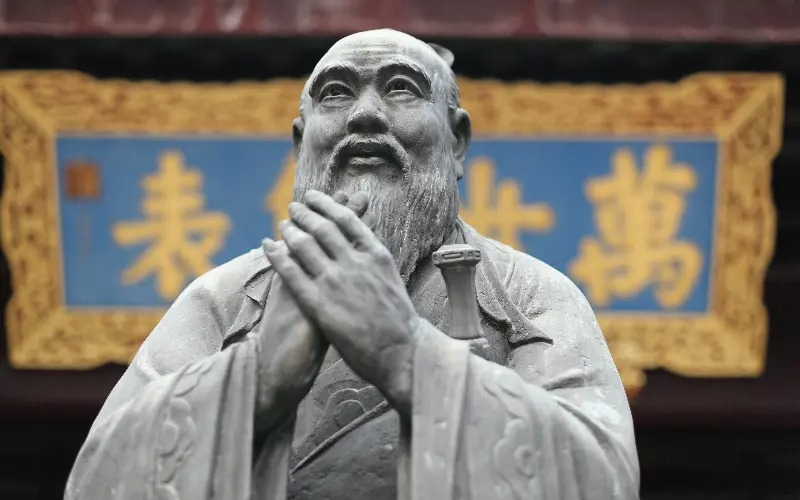San Jiao
Major contributions of Confucius are his philosophies which are one of the three great teachings of China. In China, the term San Jiao (three teachings) can be traced back to eminent scholars in the sixth century AD. It is a general term referring to the philosophies of Confucianism, Buddhism, and Taoism; which had the greatest influence on Chinese Civilization. Here are a few examples of how the teachings of Confucius are still influential in China. Confucius advocates respect for elders, ancestors, clans, and the state; something can be observed even today about the degree of reverence for power and age in China. Confucian thought advocated "filial piety" or devotion to parents. The family remains the main unit of social organization in China and is valued and nurtured. Collectivism is inherent in Confucian thought. Therefore, the Chinese are highly cultured to think about collective responsibility towards their family, community, and country in general. Influenced by Confucianism, in Chinese culture, is an intellectual who is not limited to studying alone.
In San Jiao, Confucianism is the most ancient Chinese belief system, dating back to the Zhou Dynasty (770-476 BC), with some of its ideas even dating back to a much earlier period. Confucianism places particular emphasis on social norms and moral values, as well as the notion that through pursuit and study, a good and moral character can be achieved. Filial piety including ancestor worship, humanity, rules or rituals, as well as strict adherence to social roles, are all an integral part of Confucianism. Under imperial rule, the elite followed Confucius's edicts arduously; in charge of moral education for the people and administering the local government. It is thought that a balanced and harmonious existence can be created if people adhere to their assigned roles in society and properly perform rituals.












